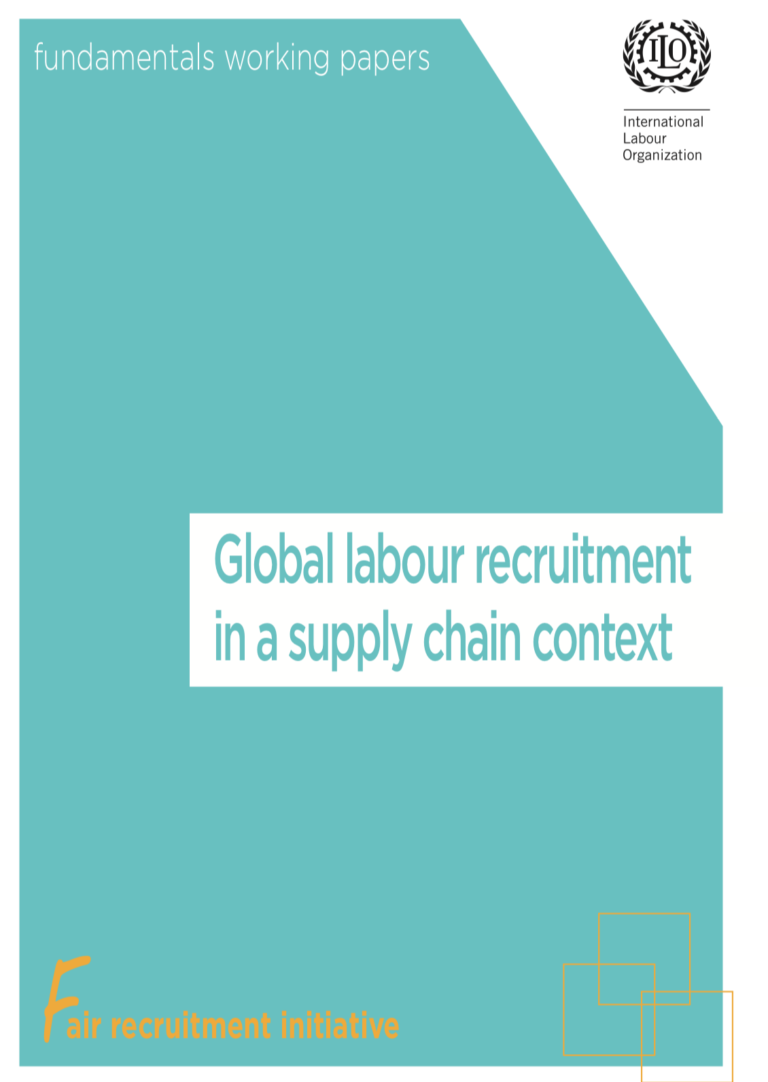Quality Standards for Reporting Lines for Child Sexual Exploitation in Travel and Tourism
GuidancePublicationsThese quality standards are a practical tool for the staff managing these reporting websites or wishing to create one. They cover several aspects, in particular: The checking of the background and the references of employeesThe processing of repo...Read More

